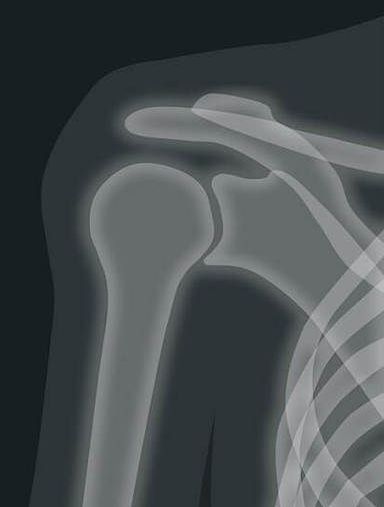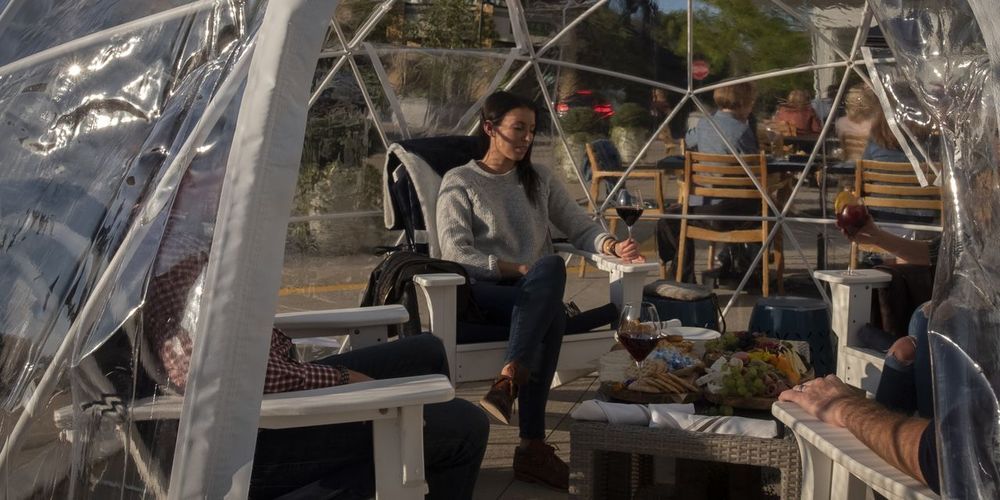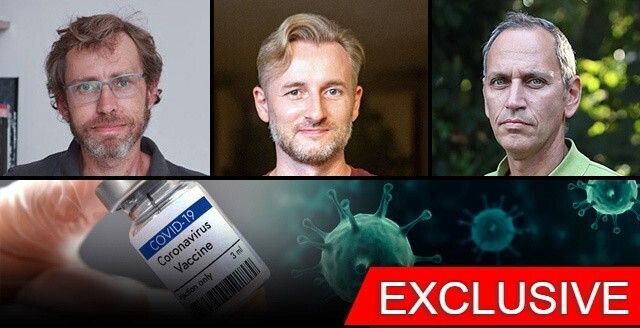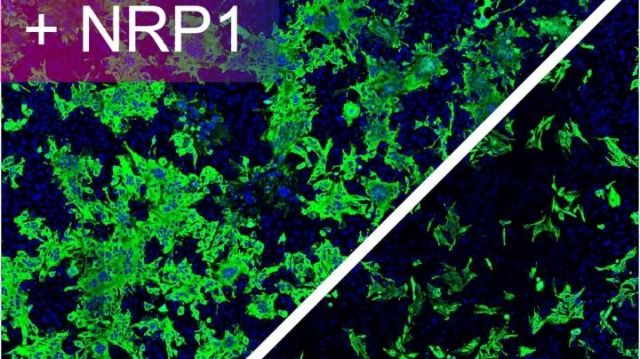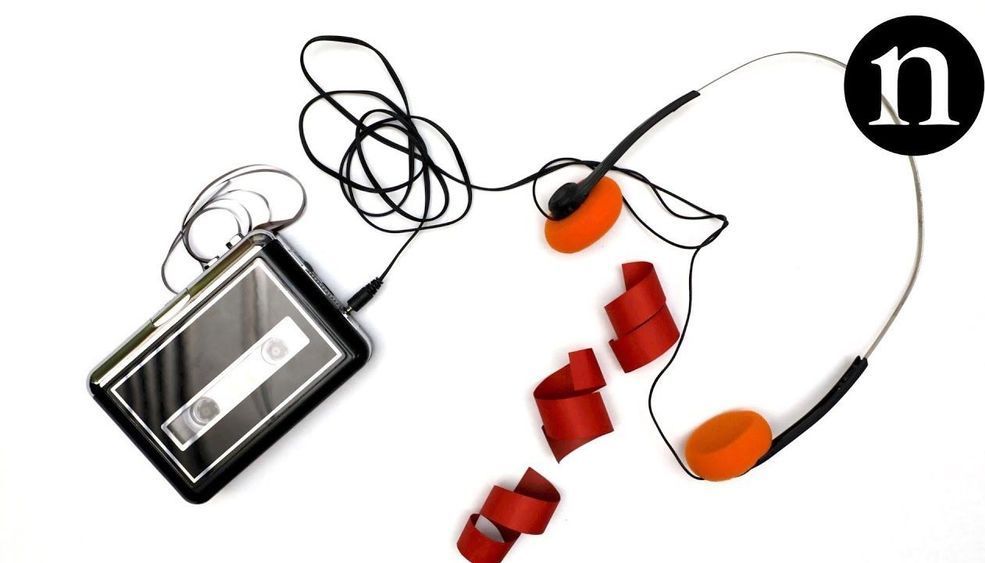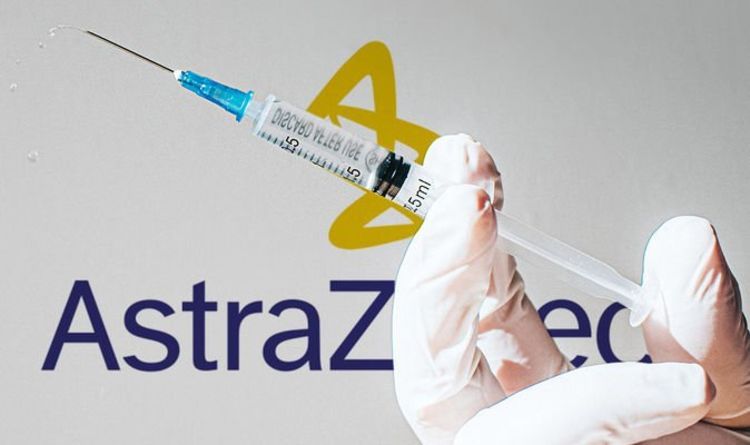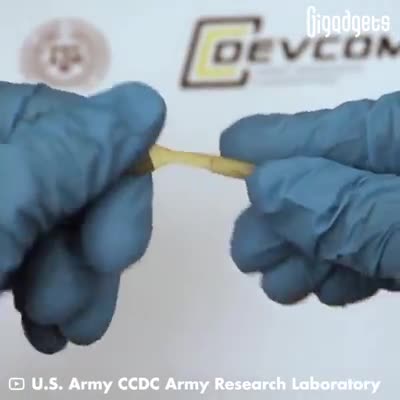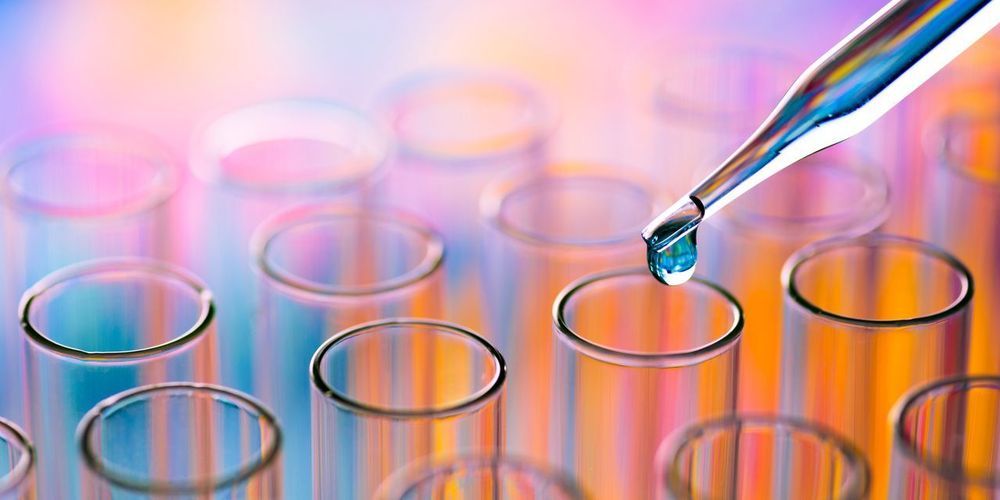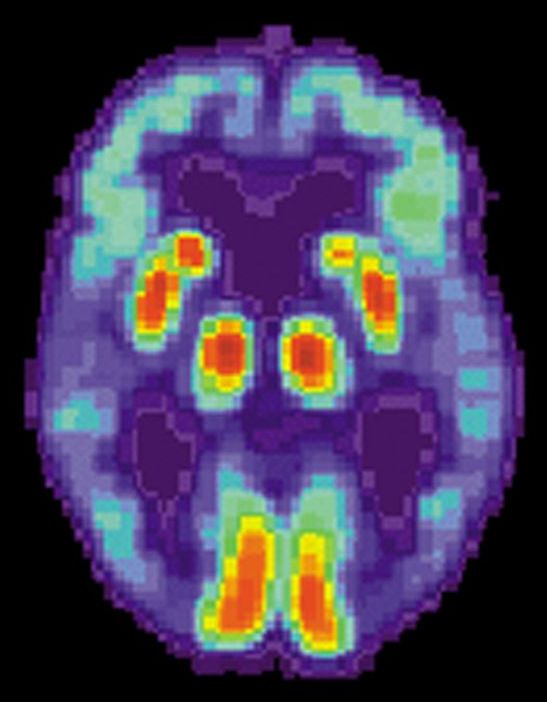Oct 22, 2020
Can We Trust AI Doctors? Google Health and Academics Battle It Out
Posted by Raphael Ramos in categories: biotech/medical, health, information science, robotics/AI
So now, there are AI doctors.
Machine learning is taking medical diagnosis by storm. From eye disease, breast and other cancers, to more amorphous neurological disorders, AI is routinely matching physician performance, if not beating them outright.
Yet how much can we take those results at face value? When it comes to life and death decisions, when can we put our full trust in enigmatic algorithms—“black boxes” that even their creators cannot fully explain or understand? The problem gets more complex as medical AI crosses multiple disciplines and developers, including both academic and industry powerhouses such as Google, Amazon, or Apple, with disparate incentives.
Continue reading “Can We Trust AI Doctors? Google Health and Academics Battle It Out” »
